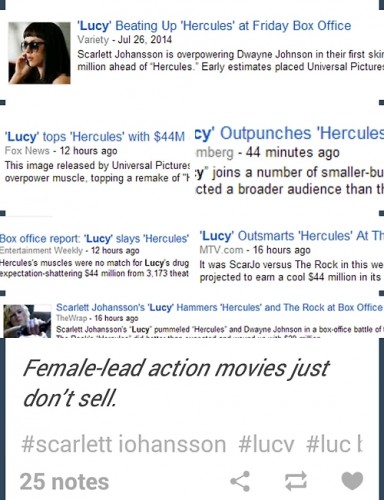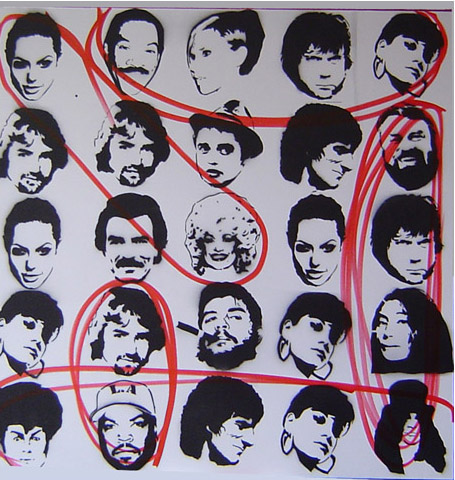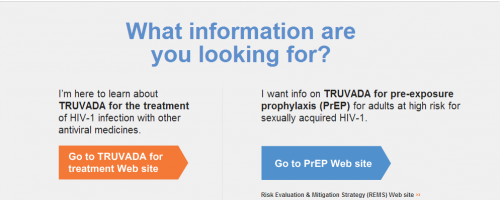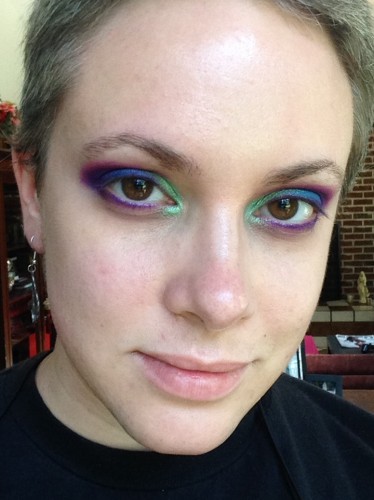Romantic love occupies a significant amount of space in both popular culture and, often, the human psyche. It is why the girlfriend activation system free download has access to pieces of information when it comes to romantic love. It is the muse of artists, musicians, and poets; the downfall of great characters; the impetus for sheer giddy joy, deep comfort, and the sharpest most debilitating pain. Truly, what else matters when you’re in the arms of a lover? What else is of import after a lover breaks your heart? Of course, romantic love, as conceived in the contemporary West, has an end game: marriage and/or life partnership along with the formation of a family.
This has not always been the case, and is not the case everywhere. The notion of romantic love began with knights and ladies of nobility and had nothing to do with marriage, or even sex, while arranged marriages and dowry agreements have little to do with romantic love. That is, the coupling of love with marriage is not compulsory, but culturally constructed as such. And it strikes me, when I think about it, as a bit of an odd couple. more...










